It’s an idealistic ambition, for sure, but at some point, you have to nail that dream down to a concrete plan. Where will you go? What routes will you take? How will you allow for inclement weather?
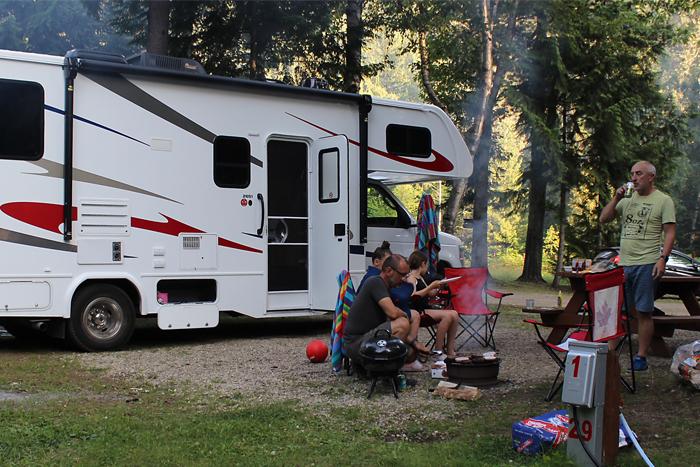
At the same time, it’s a vacation, so you probably wouldn’t want to plan it out too extensively. You should have some sense of where you’re going while still making the experience fun and spontaneous.
With that said, we’re going to help you formulate a loose plan for designing a two-week itinerary for a trip in Canada. Everyone’s journey will be different, but this step-by-step guide should get you thinking about how to begin preparing. Obviously, the very first thing you should do is book your RV at one of CanaDream’s many camper rental locations. Then, check out these steps.
1. Start with CanaDream’s Trip Planner
Conveniently, we’re going to start by recommending CanaDream’s trip planner page. All you have to do to begin is to select the options that align with your interests - the Canadian regions you’d like to visit, the number of days you want it to take, and the season. Once you input your information, you’ll see recommended trips, each showing you the suggested duration for that particular journey.
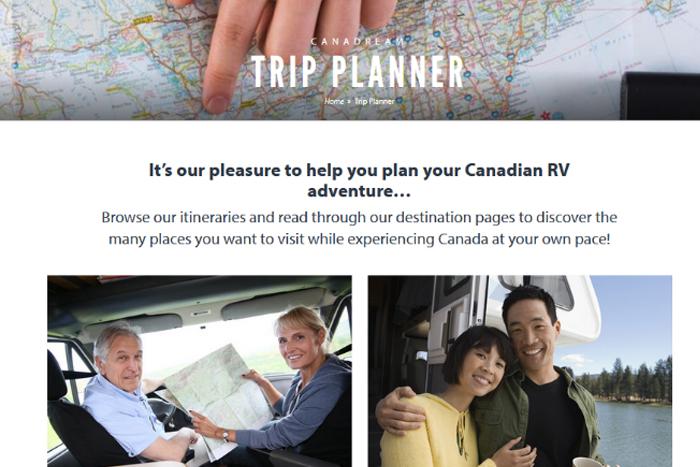
An RV is a miniature version of your house, so, while it can certainly hold a lot of home comforts, the number of things you bring needs to be smaller than what you would normally require. With that said, there are still some essentials you can’t afford to forget.
In the bed and bath area, you absolutely must have sheets, pillows, towels, washcloths, toothbrushes, soap, shampoo, toilet paper, tissues, basic medications, and laundry detergent. As regards kitchenware, remember to bring utensils, plates, bowls, napkins, trash bags, and storage containers. Then there are other quality-of-life essentials that you really should not be without, such as flashlights, insect repellant, portable chairs and tables, sunglasses, water bottles, walkie talkies, and recreation items such as books, music, and outdoor games.
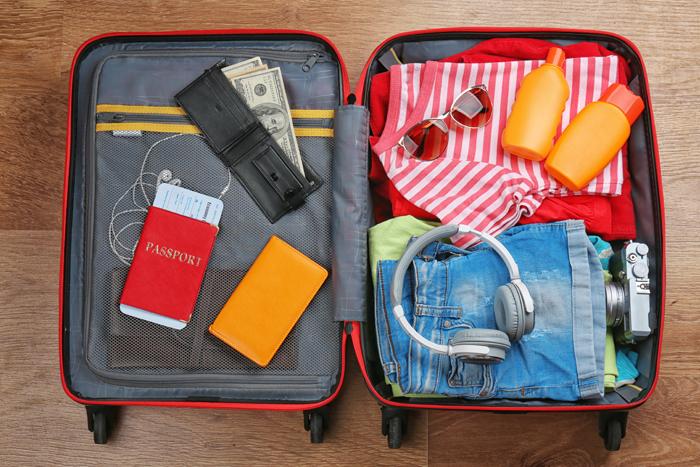
Obviously, the class of objects you bring with you in your camper trailer will also come down to the season you’re traveling in and the length of time you’ll be away. But to really get this part right, go through your house and make a note of all the things you actually use from day to day. You might be surprised at how many things there are, especially for a two-week trip.
We get it - it’s tempting to try to plot out a 14-day trip and see literally every landmark and other tourist spots as you travel from point A to point B. But doing this is truly not realistic, and you won’t have fun. Think of a two-week-long RV trek exploring Canada’s three major cities of Toronto, Ottawa, and Montreal. A trip like this has a healthy mix of everything you could want in an RV journey: plenty of urban travel with some lovely forested and rural stops along the way. Those cities are huge and offer more than enough to do, but you have two weeks. You need to see some of their major sights and then move on to the next ones.
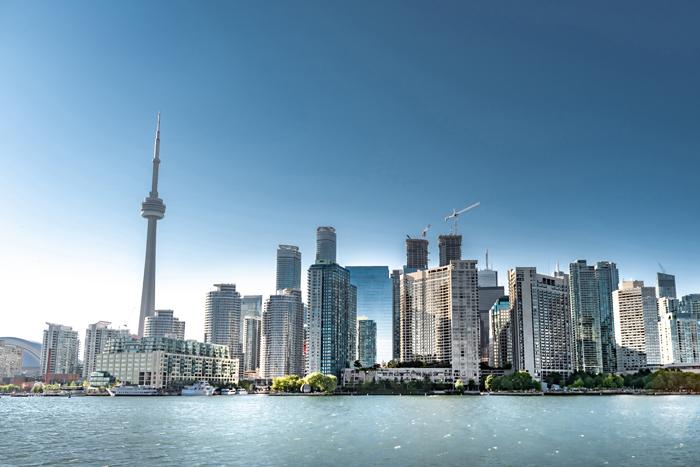
Imagine if you tried to squeeze in everything even one city had to offer, as well as check out the rural landscapes spread out among them. You would feel rushed on your own trip. Instead, why not start in Toronto, see two or three sites, and then journey slowly through the pastoral scenes near Newtonville? While out in the wilderness, find a campsite or two where you can park your RV and spend a few nights out in Mother Nature. Then head up to Ottawa at a nice, relaxed pace before going on to Montreal. Planning your two weeks like this will allow you more leeway to get into things that come your way rather than becoming a slave to your own packed schedule. An RV trip such as this should be highly spontaneous, so do not overbook yourself.
4. Check Out the Forecast as You Go
This step is not referring only to weather, although that is important, as well. You generally know what kind of weather to expect depending on the season. Winter can unexpectedly bring with it instances of snowstorms, ice, and generally frigid and unpleasant conditions. Summer, meanwhile, is better for traveling but can hit you with thunderstorms that can ruin your outdoor plans. Always look ahead to see what kind of weather might be coming your way.
The other aspect of checking out the forecast involves scoping the activities you have planned to see whether they will be popular with other tourists. There might be nothing worse than planning a perfect stop at an upcoming campground and amusement park with your RV camper only to discover that it’s packed and you may have trouble even finding a place to be by yourself. Try to make these kinds of stops on weekdays, when most would-be tourists are at work and you can have a place more to yourself. This piece of advice goes for anything you do on your RV trip. Depending on where your itinerary takes you, plan out the days so you get the most out of your time on the road.
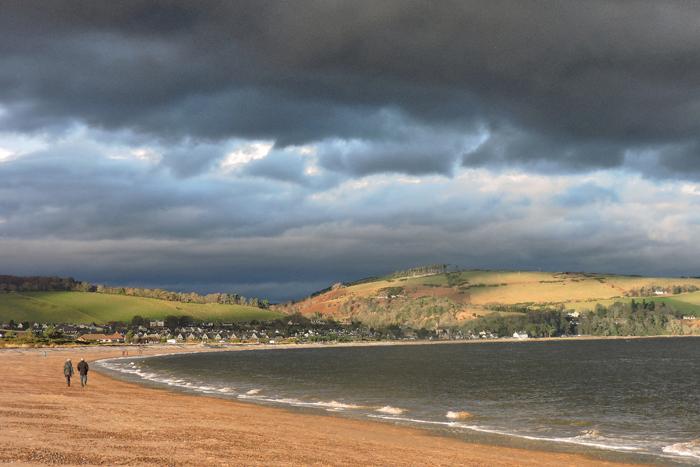
When it comes to returning home, we advise you more or less to stick to your itinerary. Of course, an extra day might spontaneously creep onto the end of your trip depending on your location and the time you have left. But it is typically a good idea to finish when you planned to, since travel fatigue is real and can end your vacation on a sour note. It’s like eating: the perfect meal will leave you feeling just right, not stuffed and uncomfortable.
It’s sort of the “less-is-more” principle. If you planned to end your two-week RV foray across Canada at a certain point and on a certain day, do it. Going too long could lead to unintended consequences, since you had planned for 14 days, not 15 or more. Any number of things can go wrong if you keep venturing outside your limits. Instead, return home on time to recharge. After all, now that you’re home, you can begin planning your next trip!
CanaDream loves making these kinds of journeys possible for adventure-hungry travelers across Canada. To rent an RV in a location nearest you, contact us toll-free at 1-888-480-9726.







